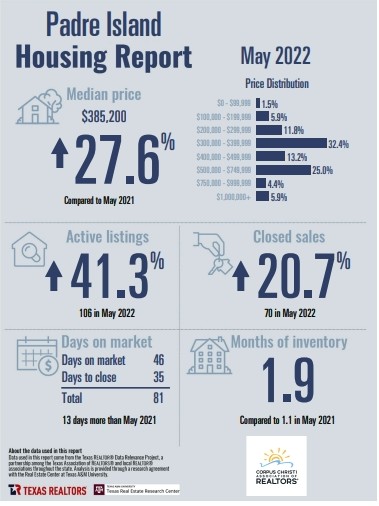BBB Tip: Recovering from freezing temperatures while avoiding unethical contractors and utility impostors
Over the weekend, plummeting temperatures and wintry weather mixtures have struck
communities across Texas, with many residents experiencing power outages, ruptured water
lines, hail damage, fallen tree limbs, or other issues due to below-freezing temperatures. As
home and business owners begin to thaw out in the coming days, many will discover a
variety of problems resulting from the sudden cold snap. While some homeowners can
easily handle cleanup and repair efforts, others will likely require the help of a professional.
Additionally, other residents may begin to piece together facts and receipts to learn they
interacted with an impersonated utility company that demanded immediate payment or a
fraudulent online seller advertising winter weather and emergency products.
After significant weather events that are likely to result in property damage, Better Business
Bureau typically receives an increase in reports of unethical contractors operating across
affected regions. Commonly referred to as ‘storm chasers,’ many businesses offering
services to residents negatively impacted by severe weather are well-respected and
legitimate. However, among these groups are those who would take advantage of a
homeowner in need rather than provide any meaningful service.
Some common issues reported to BBB in these types of situations include:
The contractor requires a significant deposit (over 50% of the total estimate) from
the property owner and then continually postpones the start date until
communication stops. Any effort by the homeowner to contact the business is
unsuccessful, and the business’s physical location is either too distant to travel to,
abandoned, a residential home for sale, or a vacant lot.
The homeowner is approached by a contractor who claims they have excess material
left over from a nearby project, and the business can pass the savings on to the
homeowner if they can start work immediately. Once the contractor begins the
project, the scope of work expands far beyond what was initially estimated, and the
homeowner is held accountable for paying a final bill that is significantly more
expensive than they expected.
Repairs on systems requiring specialized work (plumbers, electricians, HVAC
technicians, etc.) are done by an unlicensed individual, leaving the homeowner liable
if the contractor did not do the repairs correctly or did not comply with the applicable
housing codes.
Property owners are encouraged to verify that the provided licenses are valid by checking
with the appropriate regulatory agency. In Texas, the Texas Department of Licensing and
Regulation and the Texas Department of Agriculture are two of the most likely agencies that
hold licenses for businesses that property owners may call upon to help recover from
freezing temperatures.
Decreasing temperatures also allow utility scammers to take advantage of people’s fears of
being without heat during the cold weather. Be wary of texts, phone calls or emails from the
utility company that services your area claiming that they will shut your heat off
immediately unless an outstanding bill is paid. According to the Public Utility Commission of
Texas, an electric utility company cannot disconnect a customer anywhere in its service area
on a day when:
The previous day’s highest temperature did not exceed 32 degrees Fahrenheit, and
the temperature is predicted to remain at or below that level for the next 24 hours,
according to the nearest National Weather Service (NWS) reports.






 TWIA NEWS…….
TWIA NEWS…….
